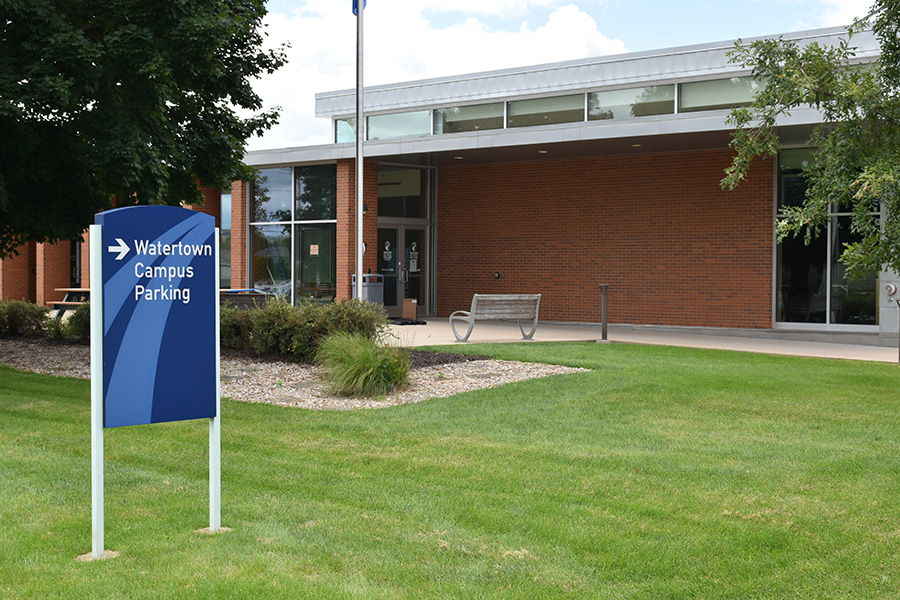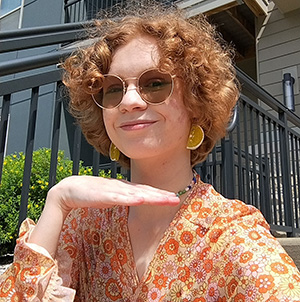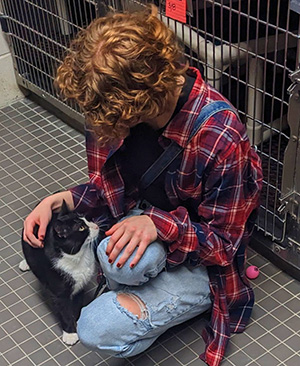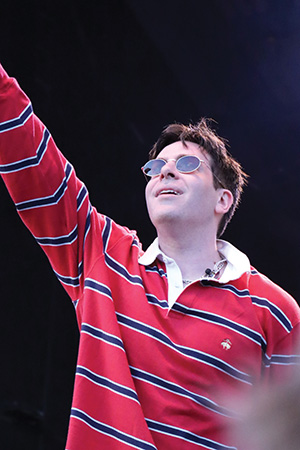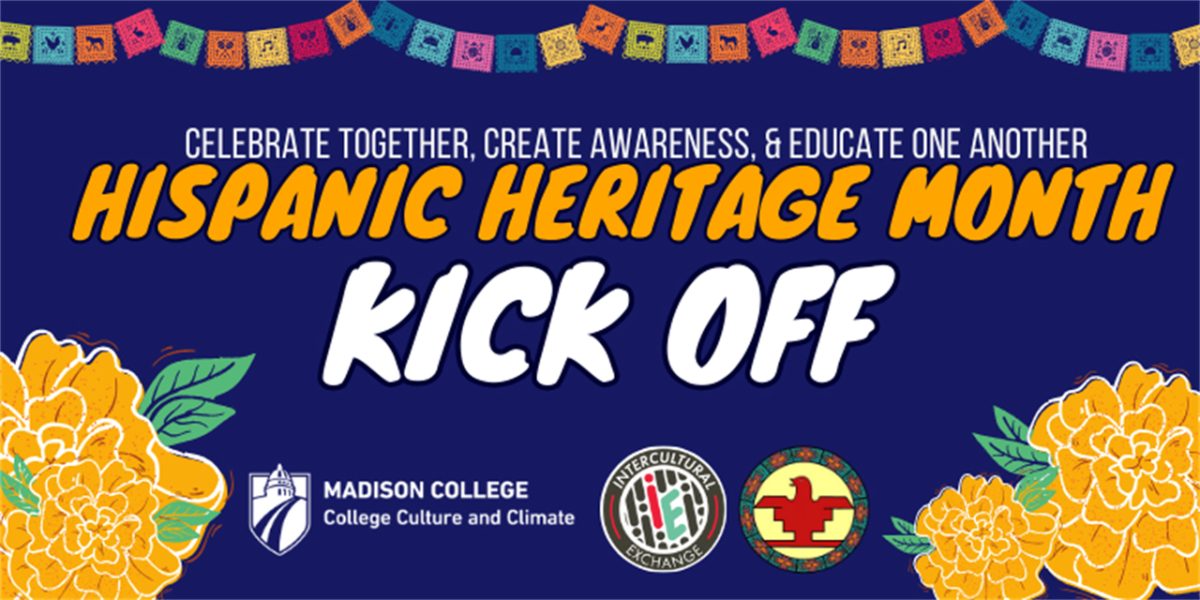Madison is a melting pot for a wide variety of cultures. Not only are we salt and peppered by Americans from all over the nation, but we have a vast array of exchange students at Madison Area Technical College as well. Along with this comes the introduction of many different religious and holiday traditions.
The opportunity that this presents for us to gain exposure and understanding is wonderful. A common Wisconsin-based student may have only been introduced to Christmas, Thanksgiving and New Years while growing up rurally. On the other hand, an exchange student from China may only know the Winter Solstice and the Lantern Festival.
As we continue to age, we are exposed more and more to different belief and value systems. Over time, when one may have been more sheltered in a small town, we suddenly realize that there are untold amounts of celebrations that go hand-in-hand with the diverse and eclectic city that is Madison.
Kwanzaa, a week-long celebration, runs from Dec. 26 to Jan. 1 of each year. It is done so to celebrate African-American culture and their unique heritage. A feast and the exchange of gifts typically accompany Kwanzaa.
Hanukkah, also known as the festival of lights, is an eight-day Jewish festival that is based off of the dates of the Hebrew calendar. In the United States this can occur anywhere from mid-November to December. The purpose is to commemorate the rededication of the Jewish Holy Temple in Jerusalem after the Maccabean Revolt of the 2nd century.
Thanksgiving, an American holiday, is one that has been in the forefront of many of our minds lately. It is celebrated with the gathering of friends and family on the fourth Thursday of November of every year. It is done so to pay homage and “thanks” to the gifts and blessings one has in their life.
Modern Christmas is celebrated by many, and not just by those who do so to celebrate the birth of Christ. Originally, the celebration was designed to honor the unconquerable sun and to recharge it after its length was shortened by the winter solstice, hence the putting of lights on a tree that remains evergreen and symbolizes eternal life. The holiday was revitalized to celebrate the Christian God then for those who found it unfavorable to pay homage to the sun. In the modern era, though, the trend is moving away from honoring a deity and simply being a celebration of family and life.
The Yule is a celebration that originated with the Germanic and Indo-European societies. It is a twelve-day celebration, which has now been adopted into the traditional “Christmas” season and now begins on Dec. 25 as well. It is believed the celebration was originally celebrated to petition for a fertile and peaceful year to come.
Regardless of the traditions or celebrations that you choose to celebrate, or not celebrate, this holiday season, keep in mind that the beliefs you harbor are just that, yours. They are special and momentous to you, but not necessarily your neighbor. Just as you wish that they would learn about, respect and honor the traditions that you practice, they wish the same of you. Perhaps you could even set a goal this year to broaden your horizons and inquire into some practices that you didn’t understand before. You never know, you just may find yourself pleasantly surprised.




